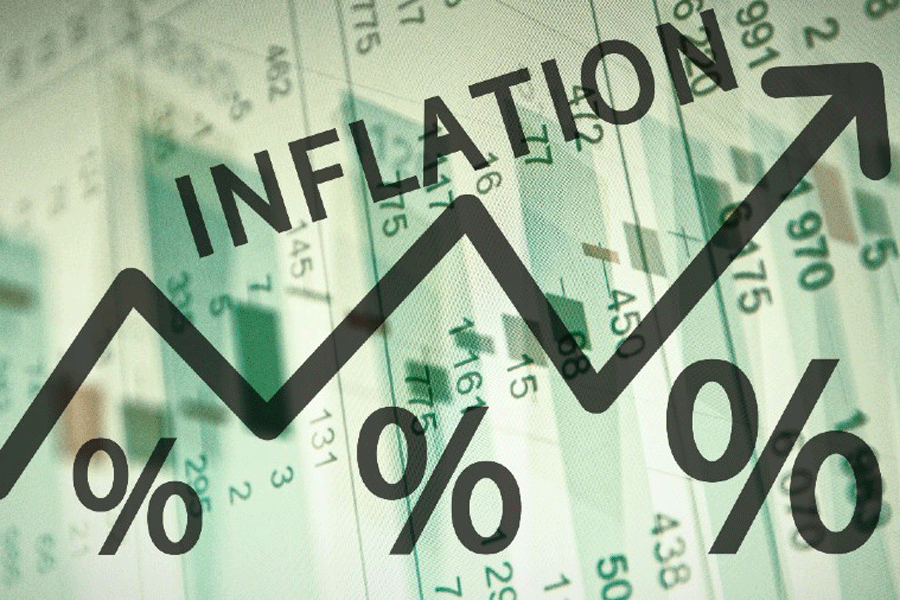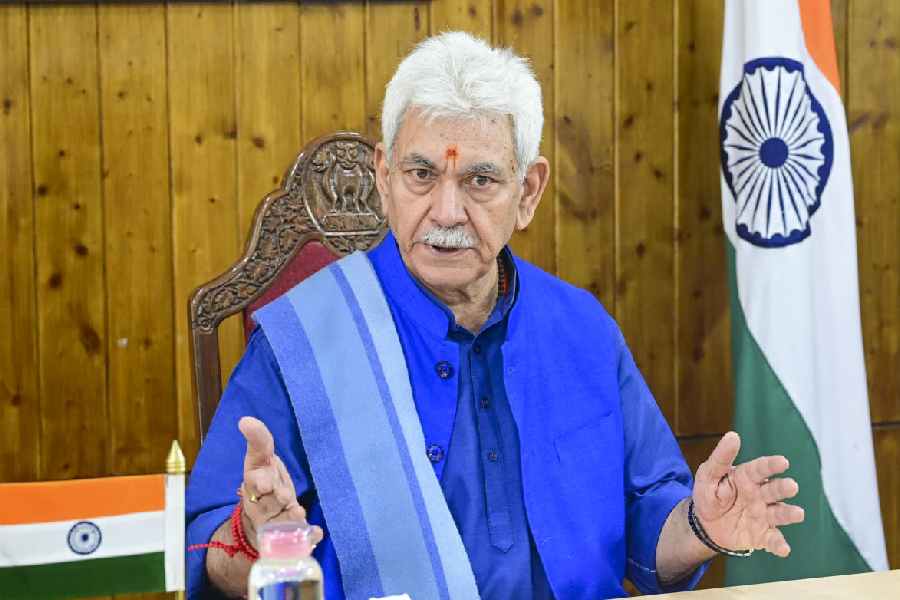A fall in retail inflation last month, aided by an almost 200 basis points drop in food inflation, has paved the way for India joining the rate cut bandwagon that is rolling across the West.
Central banks in the euro area and Switzerland cut rates on Thursday, a day after Canada slashed rates by a hefty 50 bps. Australia, meanwhile, eased its previously dovish tone this week. The US Federal Reserve is expected to reduce rates next week.
Retail inflation slowed to 5.48 per cent in November, down from 6.21 per cent in October, driven by a decline in food prices, particularly vegetables, according to data from the National Statistics Office (NSO) released on Thursday.
The moderation offered some relief to policymakers, with expectations of further easing in inflation and potential rate cuts by the Reserve Bank of India (RBI) gaining traction.
However, a rate cut by the RBI is expected only at the next monetary policy meeting in February — the first of new governor Sanjay Malhotra — which raises the possibility of India's apex bank playing catch-up with its peers.
It also raises the question whether outgoing governor Shaktikanta Das and his team were overtly cautious by refusing to cut rates at the MPC meet last week on the ground inflation has not fallen on a durable basis to 4 per cent.
Food inflation, a key driver of the Consumer Price Index (CPI), eased to 9.04 per cent in November from 10.87 per cent in October, bolstered by a bumper harvest.
The overall CPI inflation had risen to a 14-month high of 6.2 per cent in October.
"The decline in retail inflation, especially in food prices, signals a positive trend," said Paras Jasrai, senior analyst at India Ratings. "While inflation remains above the RBI’s 4 per cent target, the latest figures align with expectations for a gradual slowdown. December inflation is likely to trend around 5.0 per cent, supported by a higher base effect and easing food prices."
Rajani Sinha, chief economist at CareEdge, projected headline inflation would drop below 5 per cent by the end of FY25, aided by declining food inflation and favourable rabi crop sowing conditions.
"The anticipated moderation in inflation creates room for the Monetary Policy Committee (MPC) to consider a 25-basis-point rate cut in February. We expect a total policy rate reduction of 50-75 basis points in 2025," Sinha said.
"The likelihood of a rate cut hinges on the continuation of this inflation trajectory," said Aditi Nayar, chief economist at Icra. "If CPI inflation eases to around 5.0 per cent in December, the MPC may feel confident to act. We anticipate two 25-basis-point rate cuts in 2025."
Rupee falls
Forex players appear to be discounting a cut in the US Fed rate next week as foreign portfolio investment outflows dragged the rupee down to an all-time low of 84.88 before recovering to close 3 paise lower at 84.86.
Anuj Choudhary, research analyst at Mirae Asset Sharekhan, said the rupee touched a fresh all-time low on strong dollar and weak domestic markets.
He further said the dollar gained on rising inflation in the US. However, it was in line with estimates.
"Surge in global crude oil prices may further pressurise the rupee," he said.
Swiss move
The Swiss National Bank cut its interest rate by 50 basis points on Thursday, its biggest reduction in almost 10 years, responding to weaker than expected inflation in Switzerland and growing uncertainty about the global economy, reports Reuters.
The central bank reduced its policy rate from 1 per cent to 0.5 per cent, the lowest since November 2022.
The European Central Bank has also cut rates by a quarter percentage point on Thursday amid signs of weakening growth.









